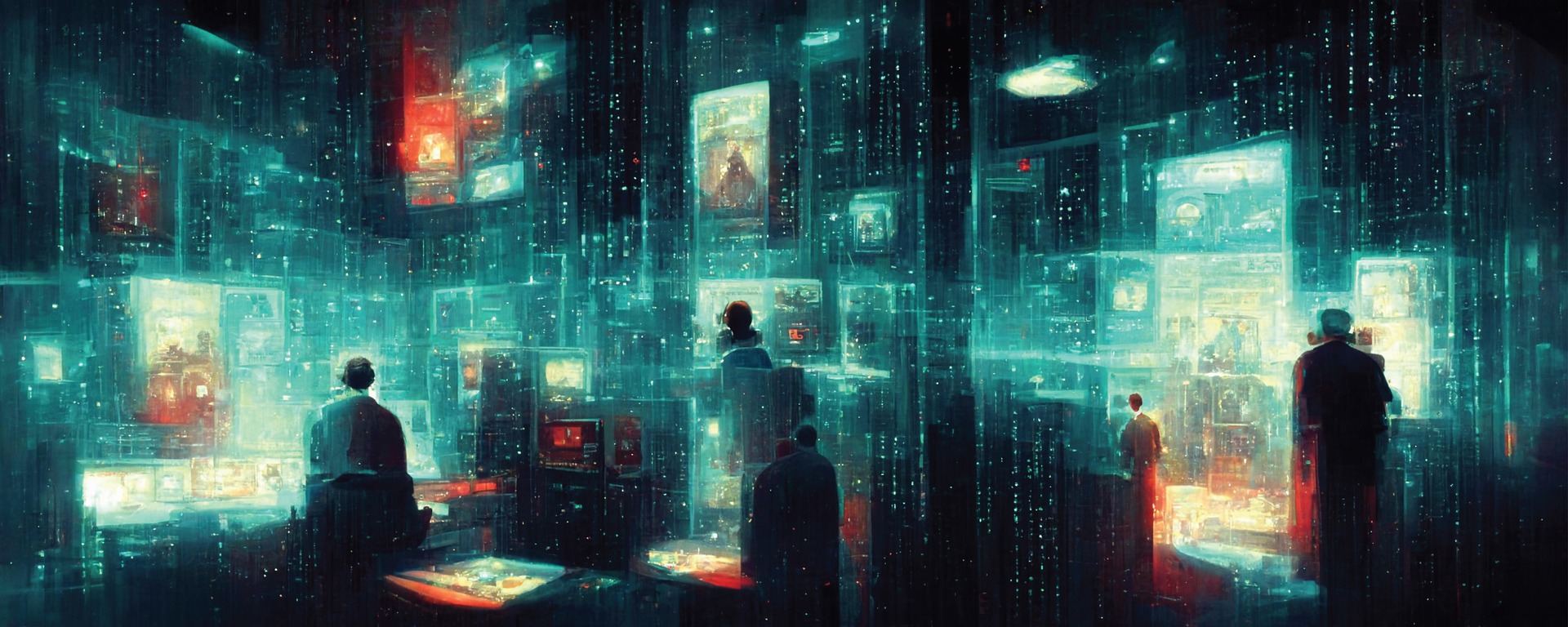Mugshots, especially in places like Kankakee, Illinois, have drawn significant attention in recent years. As online platforms have expanded, they have made mugshots far more accessible. Websites like “Kankakee Mugshots Zone” regularly post arrest records and photos of individuals involved in criminal cases. While the public’s interest in this information is understandable, publishing mugshots raises serious ethical, legal, and social concerns. The convenience of accessing mugshots has sparked widespread debates about the potential harm they cause.
This article explores the phenomenon of mugshots, focusing on the “Kankakee Mugshots Zone.” It examines how mugshots impact individuals, the legal framework surrounding their release, their role in law enforcement, and the ongoing public debate over their use.
The Concept of Mugshots and Their Purpose
Law enforcement officers take mugshots when arresting individuals. The term “mugshot” blends “mug,” slang for face, and “shot,” meaning photograph. These images typically show a subject’s front and side profile and serve as a crucial part of the arrest record. They capture a moment in time, helping authorities document the arrest process.
Law enforcement officers, prosecutors, and defense attorneys use mugshots to identify suspects. These images help authorities recognize individuals who may use aliases or have multiple criminal records. Additionally, mugshots help law enforcement link suspects to crimes through visual identification or other investigative methods.
Beyond their role in law enforcement, local media or websites like “Kankakee Mugshots Zone” sometimes publish mugshots. These platforms aim to inform the public and promote transparency about criminal activity.
The Rise of Online Mugshot Databases
The internet has made mugshots more accessible than ever. Digital records and websites like “Kankakee Mugshots Zone” regularly publish mugshots, along with details such as charges, booking dates, and bond amounts. These platforms give the public easy access to information about individuals involved in criminal cases, enabling anyone with internet access to search mugshots at their convenience.
This increased availability has brought greater transparency to law enforcement practices, a level of transparency that was once difficult to achieve. People can now quickly check the criminal background of anyone, from neighbors to colleagues. However, this ease of access also raises ethical concerns. Critics argue that these websites unfairly stigmatize individuals who have been arrested but not convicted of a crime.
Additionally, the profit-driven nature of these websites raises further ethical questions. Some argue that charging individuals fees to remove their mugshots exploits people who have been arrested but not proven guilty.
The Legal Framework Surrounding Mugshots
In the United States, authorities generally consider mugshots public records, accessible under state freedom of information laws like the Freedom of Information Act (FOIA). These laws ensure transparency by allowing citizens to request government records, including mugshots.
However, the legal status of mugshots can be complex. Individuals arrested but not charged or those acquitted of a crime may still find their mugshots posted online. This can cause irreparable harm to their reputation, as their image remains publicly available even if they were never convicted of a crime. This lasting public exposure can affect their personal and professional lives in ways that the legal system cannot easily undo.
In Illinois, lawmakers have debated measures to prevent websites from charging fees to remove mugshots. These legislative efforts aim to protect individuals’ rights while still maintaining public access to arrest records.
The Ethical Debate: Privacy vs. Public Safety
Publishing mugshots online raises significant ethical questions about privacy. Supporters argue that the public has a right to know about individuals arrested for serious crimes. They see mugshots as tools for transparency, informing the public about those involved in criminal activities and potential threats to public safety.
Critics argue that posting mugshots invades privacy, especially for minor offenses or unconvicted individuals. They emphasize the principle of “innocent until proven guilty” in American law. However, posting mugshots often suggests guilt, even when charges are dropped or a person is acquitted.
Additionally, individuals whose mugshots appear online face lasting consequences. Employers and landlords often conduct background checks, and the presence of a mugshot can lead to discrimination, regardless of the outcome of the case. These consequences can persist long after the legal proceedings have concluded.
The Economic Impact of Mugshot Websites
Websites like “Kankakee Mugshots Zone” profit by charging individuals fees to remove or hide their mugshots. These platforms capitalize on people’s desire to erase the stigma of an arrest. They often entice individuals by promising to remove mugshots for a fee, claiming to restore an individual’s reputation.
Some argue that these services offer individuals a chance to regain control over their reputation. However, others view the practice as exploitative. Charging individuals to remove mugshots places an additional financial burden on those already dealing with the consequences of an arrest.
In some cases, websites require individuals to pay hefty fees to remove their mugshots, even if they were wrongfully arrested or never convicted.
In response to these concerns, several states, including Illinois, have passed laws that mandate websites to remove mugshots within 30 days if the individual was not convicted or if the charges were dismissed. These measures seek to prevent the exploitation of individuals who were wrongfully arrested or not convicted.
The Role of Mugshots in Law Enforcement
Mugshots play a critical role in law enforcement. Police officers use them to identify suspects, witnesses, and persons of interest during criminal investigations. Mugshots also serve as visual records, capturing an individual’s appearance at the time of their arrest, which helps law enforcement link a suspect to specific crimes. These images often help police confirm the identity of individuals involved in criminal activity.
Mugshots are crucial during identification procedures, such as police lineups, or when law enforcement seeks public assistance in identifying criminals. They are especially useful in fugitive investigations, where law enforcement searches for individuals who have evaded arrest. Law enforcement agencies also rely on mugshots for tracking repeat offenders or individuals who are suspected of multiple crimes.
However, publicizing mugshots can sometimes hinder investigations. Releasing mugshots prematurely can expose suspects to public scrutiny or even vigilante actions, particularly in high-profile cases. Law enforcement must balance public access to mugshots with the need to protect individual rights and maintain the integrity of ongoing investigations.
The Future of Mugshot Accessibility
As digital platforms continue to evolve, the availability of mugshots online is likely to increase. The digitization of public records is accelerating, making it harder to control the spread of mugshots. As authorities release more records, they may face new challenges in managing these images. Lawmakers could create new laws to limit the distribution of mugshots for unconvicted individuals or those with dismissed charges. Technology may offer solutions, such as blurring or anonymizing mugshots to minimize their impact online. Innovations in digital privacy protections could provide ways to protect individuals’ rights without sacrificing transparency.
At the same time, the public’s demand for transparency will continue to drive interest in mugshot databases like “Kankakee Mugshots Zone.” The challenge moving forward will be to strike the right balance between the public’s right to know and protecting individual privacy. This balance is crucial in preserving justice and dignity for those caught up in the legal system.
Conclusion
The “Kankakee Mugshots Zone” exemplifies the growing trend of making mugshots and arrest records accessible to the public. While mugshots play important roles in law enforcement, their online availability raises numerous ethical, legal, and social concerns. The debate over their use in the public domain is unlikely to subside anytime soon.
As technology continues to evolve, society will face difficult decisions about how to manage mugshots in the digital age. Policymakers, law enforcement agencies, and the public must collaborate to find solutions that balance transparency with the protection of individual rights. This ongoing debate will continue to shape how we navigate the tension between public access and personal privacy moving forward.




